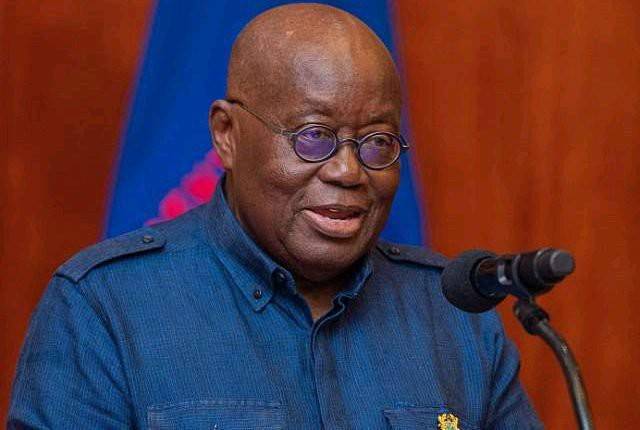President Akufo-Addo recently stated that Ghana is not financially broke, despite challenges the country has faced in recent years. However, Associate Professor of Finance at Andrews University, Michigan, USA, Williams Peprah, disagrees with this claim. According to him, the economic realities in Ghana tell a different story. He argues that Ghana is technically broke, based on the country’s inability to meet its financial obligations, its need for debt restructuring, and its reliance on international assistance to stabilize the economy.
The debate arose after the President’s remarks during the State of the Nation Address. Akufo-Addo highlighted that he is leaving behind Gross International Reserves of $8 billion, which he compared to $2.5 billion in 2017 when his government took office. He used this figure to argue that Ghana’s financial state is strong as he prepares to hand over power to the incoming government of John Mahama.
But Professor Peprah, speaking on Joy News, disagreed. He stated that Ghana’s financial troubles, especially in 2024, show that the economy has been struggling. According to him, the President’s claim overlooks key facts about the country’s financial situation.
Professor Peprah explained that being "broke" means a country cannot meet its financial obligations, both within its borders and internationally. This includes struggling to pay off debts, losing access to international credit, and requiring outside help to stay afloat. He added that Ghana has experienced all of these issues in recent times.
In December 2023, the Ghanaian government announced it would not be able to repay its debts, which is effectively a default. This led to debt restructuring, a process where the government renegotiated the terms of its loans with creditors to avoid complete financial collapse.
Professor Peprah clarified that if Ghana begins making its loan payments again, the country may no longer be considered broke. For example, the government has committed to making a $346 million coupon payment starting tomorrow. If that payment is successfully made, the situation could improve. But as of now, Ghana’s past failure to repay its debts and its reliance on financial aid show that the country has faced significant financial struggles.
Another point of contention is the President’s claim of leaving behind $8 billion in Gross International Reserves. Professor Peprah pointed out that experts focus more on Net International Reserves, which subtract liabilities from gross reserves. Ghana’s Net International Reserves currently stand at about $4.92 billion, a much lower figure than what the President highlighted.
Ghana is also classified as a country in high debt distress. When the New Patriotic Party (NPP) government came into power in 2016, Ghana’s debt-to-GDP ratio stood at 56.8%. By 2024, this figure had risen to 74.6%, reflecting a significant increase in the country’s debt burden over the years.
These numbers are critical because they show how much of Ghana’s economic output is tied up in debt. A higher debt-to-GDP ratio means the government has less room to spend on important services like healthcare, education, and infrastructure. Instead, much of the national budget goes toward paying off loans.
Professor Peprah emphasized that the government must face the financial realities of 2024. He explained that while Gross International Reserves sound impressive, they don’t tell the whole story. Net reserves are a more accurate measure of a country’s financial strength, and Ghana’s current figure is far from ideal.
In his comments, Professor Peprah urged the government to focus on rebuilding the economy and restoring public confidence. He noted that debt restructuring is a step in the right direction, but more needs to be done to reduce the country’s reliance on loans and international assistance. He also stressed the importance of transparency, urging leaders to be honest with citizens about the true state of the economy.
The debate between President Akufo-Addo’s optimistic statements and Professor Peprah’s stark assessment highlights the challenges Ghana faces as it works to stabilize its economy. While the government has taken steps to address its debt issues, it will take time and effort to rebuild financial stability and regain the trust of both domestic and international stakeholders.
For now, the question remains: is Ghana truly on the path to recovery, or is the financial situation worse than it appears? Time will tell, but one thing is clear—Ghana must take bold steps to reduce its debt, manage its finances better, and create a stable foundation for future growth.
Professor Peprah’s analysis provides an important perspective on the challenges ahead. His call for transparency and realistic planning is a reminder that solving Ghana’s economic problems will require both honesty and hard work from its leaders. Only then can the country hope to build a more stable and prosperous future.




No comments yet
Be the first to share your thoughts!